Data and Business Intelligence
Project Management
£2360 (£1600 during the tuition waiver period)
This module aims to immerse students in the intricacies of business research specifically tailored for people to practise. Recognising the pivotal role of evidence-based decision-making in HR and people management, the course delves into the methodologies, tools and techniques crucial for conducting rigorous and impactful research. Students will be exposed to both qualitative and quantitative research methods, ensuring they are well-equipped to choose the most appropriate method for their inquiries. Emphasis is placed on the ethical considerations inherent in people-focused research, as well as the practical challenges of collecting and analysing data in organisational settings. Through hands-on experiences and case studies, learners will not only understand the theoretical underpinnings of business research but also appreciate its real-world implications and applications in shaping effective people strategies and interventions. By the end of the module, students will be adept at designing, executing and interpreting business research, making them invaluable assets in any organisational context that prioritises evidence-driven people practices.


1. Understand the foundational principles and methodologies of business research in the context of people practise
2. Design and formulate rigorous research questions and hypotheses relevant to people's practice
3. Execute and manage research projects, ensuring validity, reliability and ethical integrity
4. Analyse, interpret and communicate research findings to inform people practices and strategies


Scholarships
Citizens of the following countries are eligible for a 50% scholarship upon writing a personal statement. All scholarships are to be approved by the Academic Board. The list of countries are: Sri Lanka, Indonesia, Philippines, Bhutan, Morocco, Vietnam, Papua New Guinea, Laos, Cambodia, India, Nigeria, Ghana, Bangladesh, Laos, Myanmar, Pakistan, Nepal and South Africa. Please talk to your student counselor and ask for the Coupon Code to get the 50% Tuition Waiver.

To pass the unit a 40% overall grade must be achieved.

You are eligible if you meet our stipulated entry requirements.









Introduction to Business Research in People Practice
Designing Research for People Practice
Qualitative Research Methods
Quantitative Research Methods
Integrating Technology in Business Research
Practical Challenges in Business Research
Communicating Research Findings and Informing Strategy